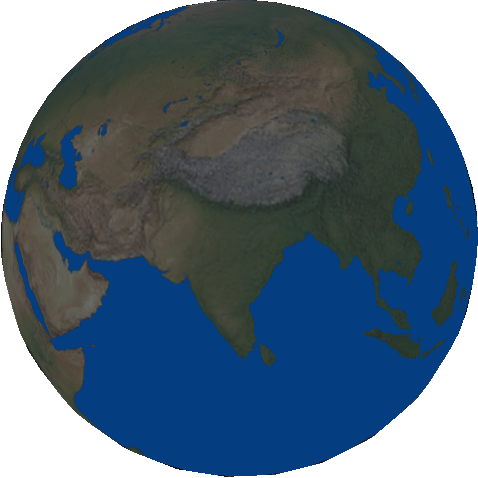Jallianwala Bagh massacre
04/13/1919 AD attacked
British troops killed at least 1000 Indian protesters and injured over 1,200 others (192 seriously) at the Jallianwala Bagh in Amritsar, Punjab
A large but peaceful crowd had gathered to protest against the arrest of pro-Indian independence leaders Dr. Saifuddin Kitchlu and Dr. Satya Pal. In response to the public gathering, the British Brigadier-General R. E. H. Dyer surrounded the Bagh with his soldiers. The Jallianwala Bagh could only be exited on one side, as its other three sides were enclosed by buildings.
After blocking the exit with his troops, he ordered them to shoot at the crowd, continuing to fire even as protestors tried to flee. The troops kept on firing until their ammunition was exhausted.
Responses polarized both the British and Indian peoples. Eminent author Rudyard Kipling declared at the time that Dyer "did his duty as he saw it". This incident shocked Rabindranath Tagore (the first Indian and Asian Nobel laureate) to such an extent that he renounced his knighthood and stated that "such mass murderers aren't worthy of giving any title to anyone".
The level of casual brutality, and lack of any accountability, stunned the entire nation, resulting in a wrenching loss of faith of the general Indian public in the intentions of the UK. The ineffective inquiry, together with the initial accolades for Dyer, fueled widespread anger against the British among the Indian populace, leading to the Non-cooperation movement of 1920–22.
Some historians consider the episode a decisive step towards the end of British rule in India.
Subjects Who or What attacked?
-
England Nation
Objects To Whom or What was attacked?
-
India (Republic of India) Country in South Asia th...
Events in 1919 MORE












